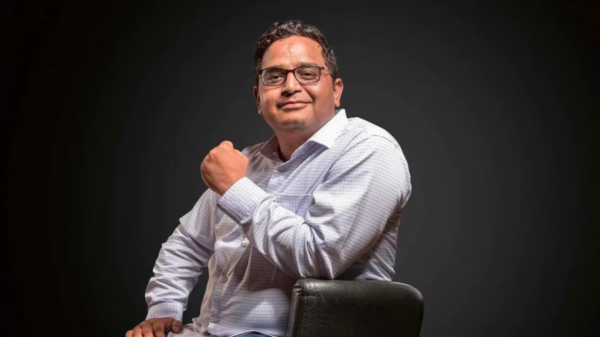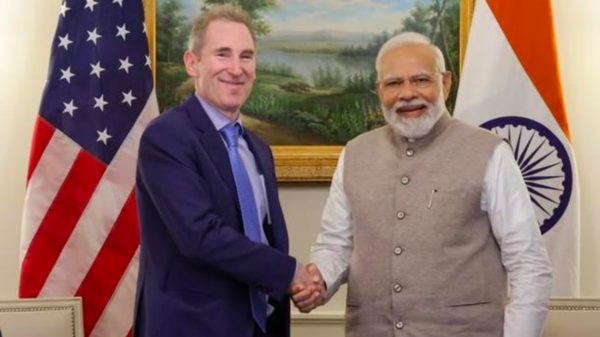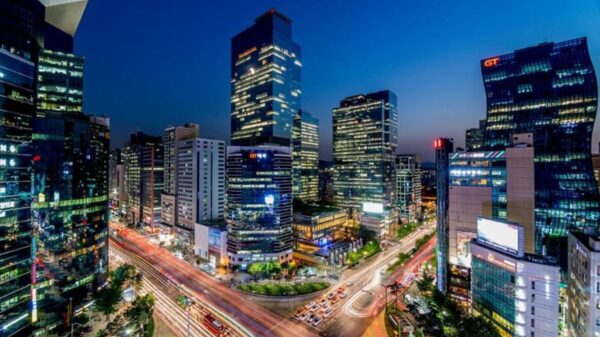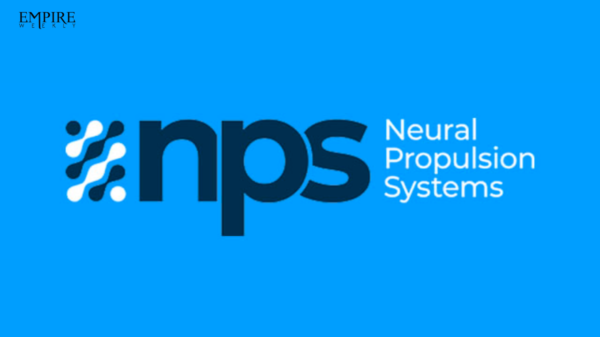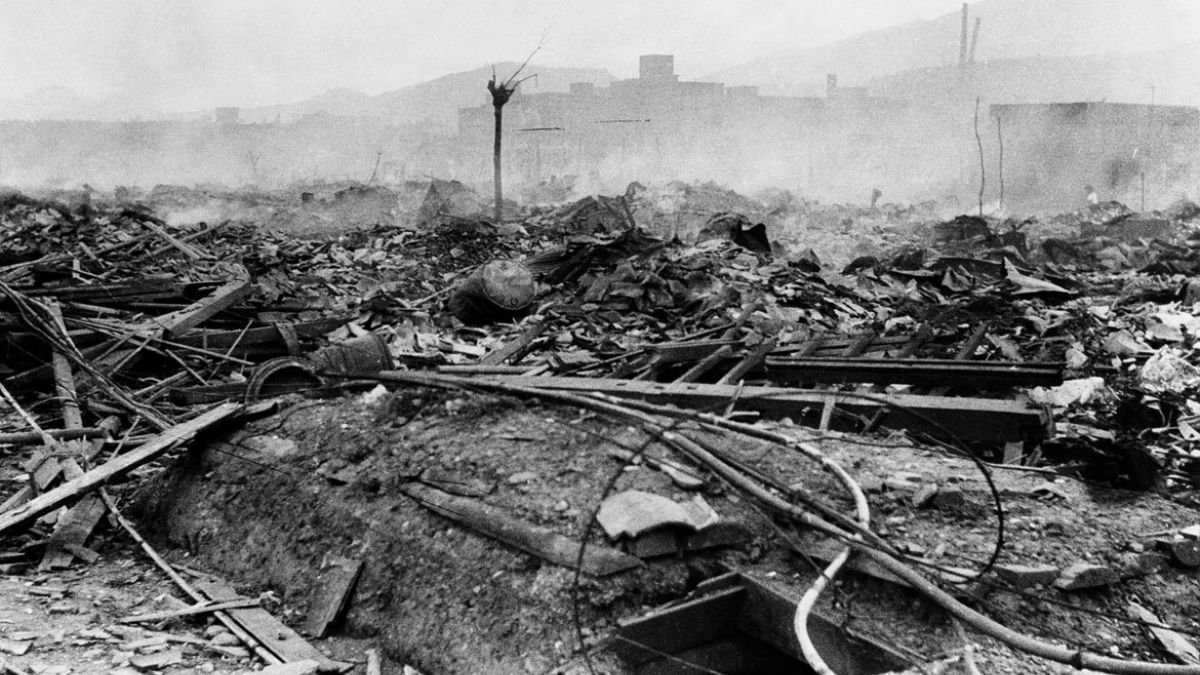Every year on August 9th, the world remembers the tragic events of Nagasaki. The United States bombed the Japanese city of Nagasaki today, 78 years ago. An atomic bomb dropped during World War II destroyed the city in a single day. Today is a sobering reminder of the devastating potential of nuclear weapons and the urgent need for world peace.
Three days after the destruction of Hiroshima with the uranium bomb codenamed “Little Boy,” the United States dropped the second nuclear bomb, codenamed “Fat-Man,” on the southern Japanese city on this day in 1945. On the 78th anniversary of the atomic bombings by the United States, the city of Nagasaki held a solemn ceremony at the Nagasaki Dejima Messe convention center.
The Bombing Of Nagasaki: A Glimpse Into The Dark Past Of 1945

While World War II was still ongoing, the United States and its allies worked to bring an end to hostilities with Japan. The desire to hasten Japan’s surrender and prevent protracted and expensive warfare served as the driving force behind the decision to use atomic bombs.
Following the ‘Trinity Test’ on July 16, 1945, the United States successfully harnessed nuclear energy, and on August 6 of that year, the first atomic bomb codenamed ‘Little Boy,’ was dropped on Hiroshima, killing an estimated 1,40,000 people by the end of the year.
The codename for the bomb that was used to destroy Nagasaki was ‘Fat-Man’. More than 80,000 lives were lost. As a result, Japan eventually gave up the war without conditions. About 70,000 people died in the initial blast at Nagasaki, and another 70,000 died later from radiation-related illnesses. A U.S. warplane named “Enola Gay” released “Fat Man” from a height of about 1,650 feet over Nagasaki.
The Aftermath Of Nagasaki
The blast destroyed large sections of Nagasaki, killing tens of thousands of people instantly. Numerous survivors suffered serious burns and radiation injuries as a result of the bomb’s intense heat and radiation.
Those who lived through the Nagasaki bombing and were later dubbed “Hibakusha” suffered from cancer, birth defects, and other serious illnesses as a result of their radiation exposure. The city itself took heavy damage, which has had repercussions for the economy and society.
Japan’s Prime Minister Fumio Kishida Offered His Condolences

Japan’s Prime Minister Fumio Kishida offered his deepest condolences to the victims of Nagasaki’s devastating tragedy, saying that they will continue to put forth efforts to realize a world free of nuclear weapons.
He said through a video message,
“I would like to offer my sincere condolences to the souls of the victims of the atomic bombing and my heartfelt sympathies to those who are still suffering from the aftereffects. The tragedy that occurred in Nagasaki 78 years ago today must never be repeated. As the only country to have suffered atomic bombings, we will continue our efforts to realize a world free of nuclear weapons.”
Lastly, he said,
“I would like to once again pledge to do my utmost to realize a world without nuclear weapons and lasting peace.”
United Nations Secretary-General Antonio Guterres Also Expressed Sympathy

Secretary-General of the United Nations Antonio Guterres, reflecting on the attacks and their victims, said the world should never allow such devastation to occur again and urged the elimination of the nuclear risk by eradicating nuclear weapons.
“78 years ago, atomic weapons were used on Nagasaki. We must never again allow such devastation to occur. The only way to eliminate the nuclear risk is to eliminate nuclear weapons.”
Mayor Of Japan, Shiro Suzuki, Urged Nations To Stop Relying On Nuclear Weapons
At the Nagasaki Dejima Messe ceremony, Mayor Shiro Suzuki urged the countries to demonstrate courage and recognize their decision to become nuclear-weapon-free. As the conflict between Russia and Ukraine escalates, he also warned of the possibility of a nuclear provocation.
Due to its proximity to the bomb’s hypocenter on August 9, 1945, Peace Park in the city has served as the primary site of the ceremony for decades. However, due to Typhoon Khanun’s continued devastation in Japan, the event was significantly scaled back this year.
Conclusion
A minute of silence was observed at 11:02 a.m., the exact time when the United States dropped the bomb over the port city 78 years ago. Takeko Kudo, 85, one of the only survivors of the bombings present, read the annual commitment to peace.
To raise awareness about the dangers of nuclear weapons and to encourage peaceful coexistence, Nagasaki Day is commemorated annually on August 9. This date is significant because it is often used as a focal point for anti-war and anti-nuclear demonstrations all over the world.
As the world remembers the atrocities of 1945, we must renew our dedication to the cause of world peace, national harmony, and the protection of individual lives. By reflecting on what went wrong and working to end the use of nuclear weapons, we can pay tribute to the victims and create a better, safer world for everyone.



